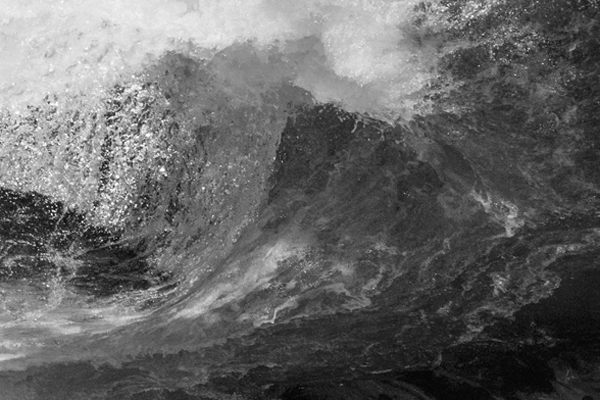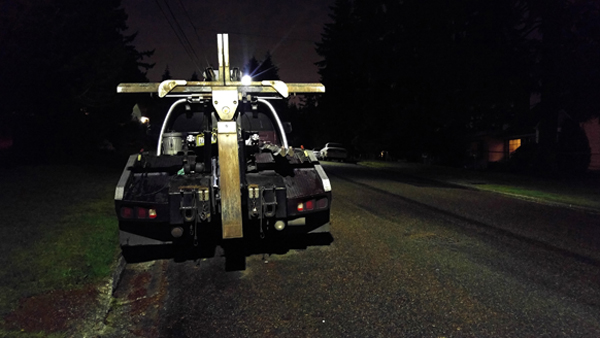PCNW Thesis Exhibition
Thea Billing, Joan Dinkelspiel, Cian Hayes, Harini Krishnamurthy, Albert Varady & John Wilmot
On View: June 29 – August 10, 2017
Photographic Center Northwest (PCNW) is pleased to present our 2017 Thesis Exhibition, celebrating this year’s graduates of the Certificate Program: Thea Billing, Joan Dinkelspiel, Cian Hayes, Harini Krishnamurthy, Albert Varady, and John Wilmot. This exhibition marks not only the culmination of the 53-credit program, and presentation of a year-long project for these individuals, but introduces a new generation of Northwest artists.
Joan Dinkelspiel’s series Layers examines our complex relationship with water, in photographs of Pacific Northwest oceans, rivers, and streams. Navigating a changing environment and nostalgia for wildness, the work reflects on the power of water and our desire to harness it.
Cian Hayes’s Triskel is a series of abstract photographic work arising from a personal exploration of infinity. Each image is the complex shadow of a simple chemical process, an intricate structure that, while finite in its bounds, suggests infinite detail and depth. They are an attempt to provide the viewer with a fragment of the experience of infinity, a canvas on which a moment might develop into an eternity.
Harini Krishnamurthy’s Compositions explores the layered, changing, unique nature of people. Harini combines ideas from painting and sculpture with analog photographic processes to create unique cameraless images, drawing from her own experiences as an immigrant reconciling cultural differences.
Albert Varady’s series California Ave invites the viewer to walk along a fictional, more universal neighborhood made of images from Varady’s own neighborhood of West Seattle. California Ave becomes a self-portrait as it depicts elements that capture Varady’s eye, revealing what puzzles, amuses, or spooks him.
John Wilmot’s series Ruminations in the Dark speaks to the subconscious mind of what is and what might be. At night details of everyday objects are obscured and colors muted. Street lights are often the only source of illumination and shadows make the ordinary unsettling and often disturbing—it is this unsettling that piques Wilmot’s interest.
Thea Billing’s series Forsaken explores the struggles of being an immigrant—feeling connected to two countries and being burdened by a constant longing for what was once considered home. Neglected surfaces become symbols of displacement and loneliness, and yet Billing sees beauty in the old. Forsaken brings worn materials back to life and re-introduces them in a new regard.






